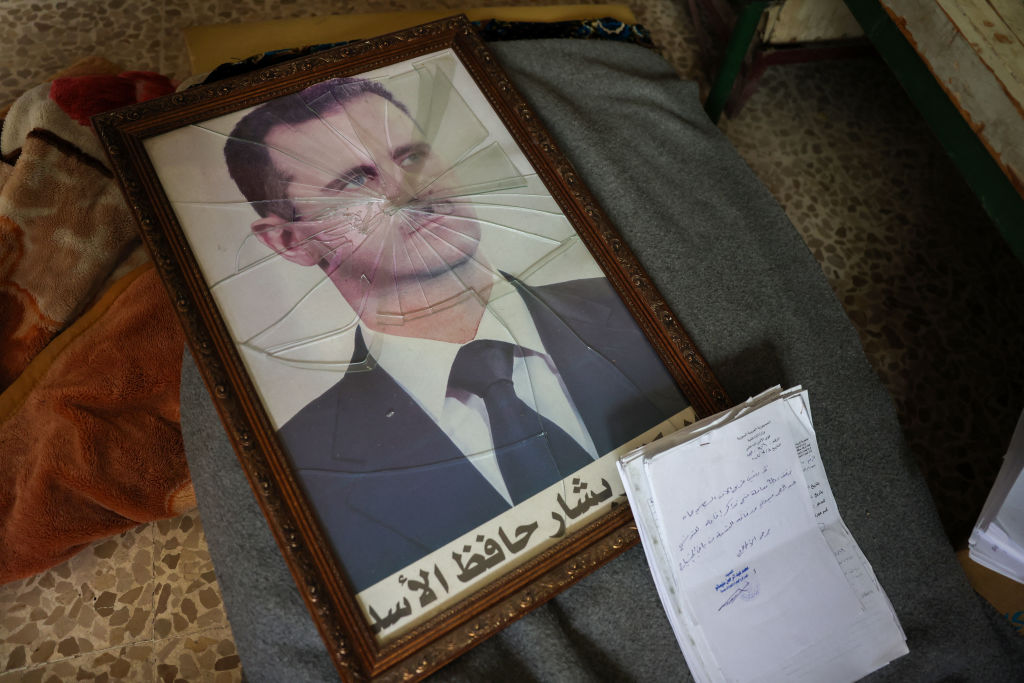Regarding the expulsion of Syrian President Bashar al-Assad after opposition forces seized power in the capital Damascus, Amnesty International Secretary-General Agnès Callamard said:
“After more than fifty years of brutality and repression, the people of Syria may finally have a chance to live without fear and with their rights respected. Under the rule of Bashar al-Assad and his father Hafez al-Assad Syrians have been subjected to a series of horrific human rights violations that have caused immense human suffering, including the use of chemical weapons, barrel bomb attacks and other war crimes, as well as murder, torture and enforced disappearances that constitute crimes against humanity. and extermination. This historic opportunity must now be seized to redress decades of gross human rights violations.
Syrians have been subjected to a series of horrific human rights violations that have caused massive human suffering…
This historic opportunity must be seized now to redress decades of gross human rights violations.Amnesty International Secretary-General Agnès Callamard
“Amnesty International calls on the opposition to move away from the violence of the past. The most important step is justice, not retribution. We urge all parties to the current conflict to fully respect the law of armed conflict. This includes the obligation not to attack anyone who has expressed a clear intention to surrender, including government forces and treat anyone detained humanely.
“Any measures proposed to move away from this deadly chapter in Syria’s history must be rooted in the principles of justice, accountability and non-repetition. Suspects of crimes under international law and other serious human rights violations must be investigated, such as If necessary, his crimes should be prosecuted with a fair trial and the death penalty should not be imposed.
“For the families of tens of thousands of those forcibly disappeared in Syria, the release of detainees from many prisons across the country has raised the possibility of finally discovering the fate of their missing loved ones, in some cases decades later. In this case Where possible, every attempt must be made to collate and preserve evidence of past or present crimes to ensure accountability. The preservation of prison records and other documents is vital, as such information can provide and make available key evidence regarding the fate of missing persons. Prosecute and try crimes under international law in the future.
“We urge the international community to center the Syrian voice in this transition process. They must support the victims of the Assad government’s atrocities to ensure justice and reparation for crimes committed in Syria that violate international law. This includes launching a universal campaign against suspects jurisdiction cases, and supports the International Impartial and Independent Mechanism for Syria (IIIM) and the recently established United Nations Agency for Missing Persons to clarify the fate of the disappeared.
background:
In a statement broadcast live on Syrian state television on Sunday, opposition forces claimed to have ended the rule of Syrian President Bashar al-Assad and released political prisoners. Bashar al-Assad has reportedly left the country.
Amnesty International’s 2017 report Human Slaughterhouse reveals how Syrian authorities under President Bashar al-Assad have committed killings, torture, enforced disappearances, mass hangings and extermination of detainees – from Al From Hama to Homs to Damascus, including Saidnaya military prison, Syria’s most notorious detention center – this is part of a widespread and systematic attack on civilians and constitutes crimes against humanity.
Since the outbreak of the Syrian uprising in 2011, Amnesty International has documented how Syrian government forces, with support from Russia, have repeatedly attacked areas controlled by opposition armed groups, carrying out indiscriminate direct attacks on civilian homes, hospitals and medical facilities. Includes artillery and air strikes, often using unguided weapons such as barrel bombs, incendiary weapons and internationally banned cluster munitions.


